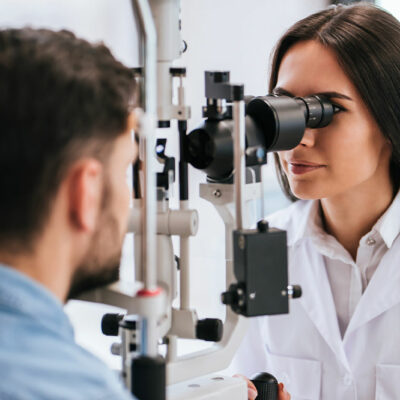
6 healthy snacks to lower cholesterol levels
If one has high cholesterol levels, they may have to monitor their meal plans. Neglecting what they eat may have adverse effects on their health and increase the risk of stroke and heart disease. While certain foods can help reduce cholesterol levels, eating the same thing regularly could get boring. So, here are six healthy snack ideas to diversify meals and control the levels of cholesterol – the waxy, fat-like substance made by the liver. Almonds These nuts are rich in monounsaturated fats, which may fight against the effects of high cholesterol levels in the blood. It is suggested to have about one-quarter cup of almonds throughout the day. Other healthy sources of nuts to add to meals include walnut halves and hazelnuts. Popcorn The snack choice that most people enjoy during a movie is also beneficial for those with high cholesterol. The fiber content of the food contributes to lowering the waxy buildup in the blood. However, one should avoid adding flavors like butter and salt to popcorn as these may worsen cholesterol levels. Greek yogurt dip The snack is higher in proteins when compared to plain yogurt and is also low in sugar. So, Greek yogurt dip could make a suitable addition to heart-healthy foods.
Read Article 









